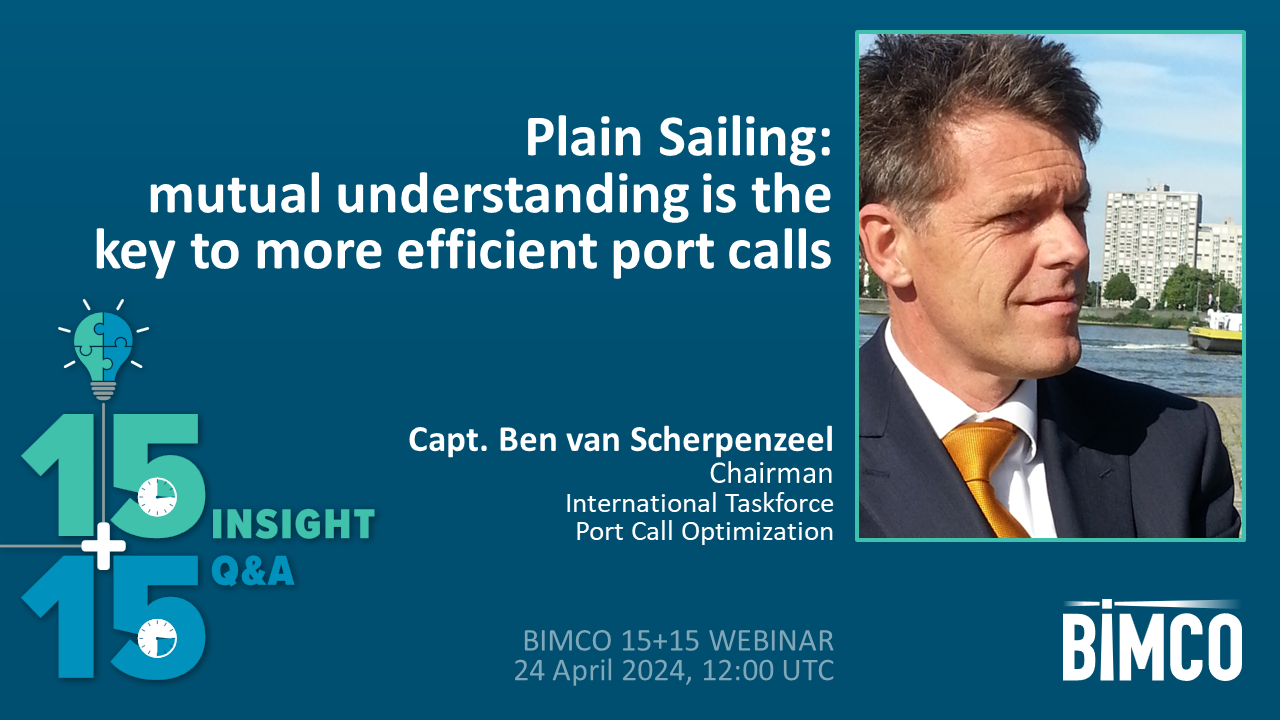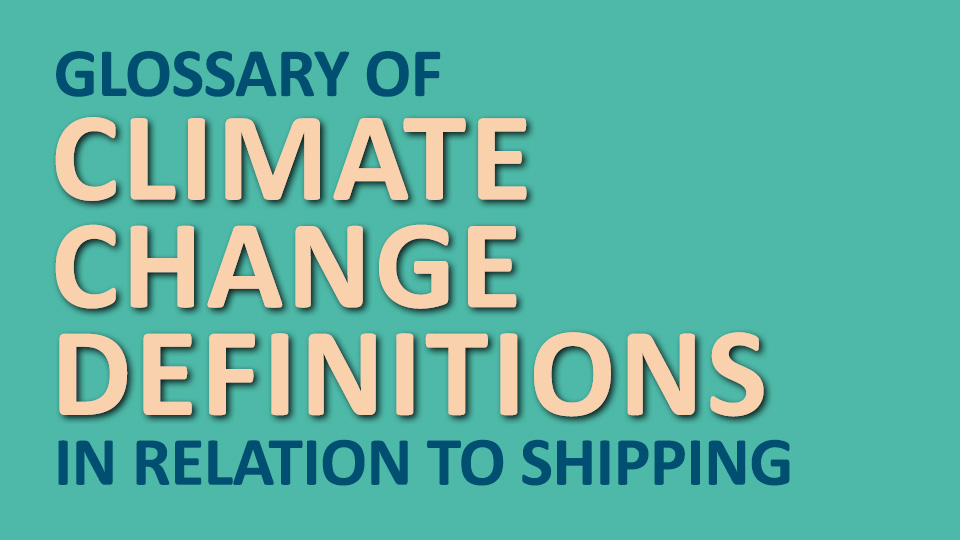BIMCO encourages shipowners to facilitate reporting of energy efficient data
Overview
BIMCO is encouraging shipowners to authorise their respective flag state administrations or recognised organisations to report their Energy Efficiency Design Index (EEDI) values for all applicable new ships in their fleet to the The International Maritime Organization (IMO).
The reporting can help ensure a strong foundation of the EEDI discussions ahead of the next IMO meeting on the topic in May 2019.
“BIMCO supports a strengthening of the requirements for the EEDI, the improvement of ships’ energy efficiency and the effective implementation of the initial IMO Green House Gas (GHG) strategy,” says BIMCO’s Deputy Secretary General, Lars Robert Pedersen.
“We must assure that this is done on an evidence-based foundation - individually for different ship types and size segments - and not on the expense of ship safety,” Pedersen says.
The IMO has set up a database (GISIS) to allow administrations to voluntarily report the EEDI values for new buildings flying their flag. Reporting for all applicable ships will help ensure effective and reliable data and therefore, the best possible further development of the EEDI for the whole industry.
More energy efficiency – less pollution
The index for new ships is an important technical measure that aims at promoting the design of more energy efficient – and hence less polluting – ships, hull designs, equipment and engines.
The index was made mandatory for new ships in 2011 and requires a minimum energy efficiency level per capacity mile for different ship type and size segments. The EEDI-requirements are implemented in three phases.
Since 1 January 2015, following an initial two-year phase zero where new ship design needed to be better than the reference line for their ship type, the CO2 reduction level (grams of CO2 per tonne mile) for phase 1 was set to 10% and would be tightened every five years to keep pace with technological developments of new efficiency and reduction measures.
Reduction rates have been established until phase 3 (which runs from 2025 to 2030), when a 30% reduction is mandated for ship types calculated from a reference line representing the average efficiency for ships built between 2000 and 2010.
Strengthening the EEDI?
When the IMO adopted its initial strategy on reductions of GHG emissions from ships it also included, as a short-term measure, the commitment to review and strengthen the EEDI, with a percentage improvement for each phase to be determined for each ship type.
At the 73rd Marine Environmental Protection Committee meeting (MEPC) at the IMO in London held 22-26 October, a decision on strengthening the EDDI could not be reached. While some member states advocated for moving both reduction rates and the implementation date for phase 3 forward to 2022 immediately, other states argued that this would not be possible due to missing data in the EEDI database. Data should be further investigated and analyzed to be able to determine the starting year and reduction rates.
The discussions on strengthening of EEDI will continue at the next MEPC meeting in May 2019 – the MEPC 74.
Feedback or a question about this information?
ELSEWHERE ON BIMCO
Contracts & Clauses
All of BIMCO's most widely used contracts and clauses as well as advice on managing charters and business partners.
Learn about your cargo
For general guidance and information on cargo-related queries.
BIMCO Publications
Want to buy or download a BIMCO publication? Use the link to get access to the ballast water management guide, the ship master’s security manual and many other publications.





